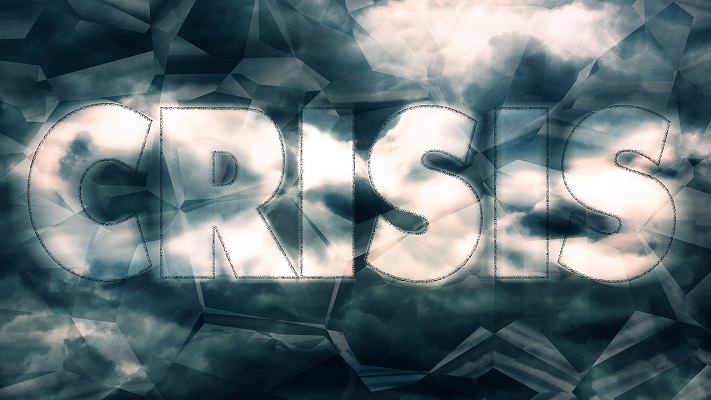Crisis Management: 4 Practical Tips to Communicate Efficiently in a Crisis


A crisis is often unexpected: From airplane catastrophes, natural disasters and nuclear accidents to terrorist attacks, stock market crashes or companies closing down, the possible causes and the aftermath of a crisis are complex, diverse and sometimes unpredictable.
The effects range from serious to absolutely catastrophic, impacting security, economy, politics and/or the environment and endangering or changing the lives of many. Seldom is there a warning that can be heeded in time to take measures to avert the worst outcome.
Communication plays a key role
In order to handle a crisis, it is essential to develop suitable strategies for the crisis management. With the advent of online communication channels came a considerable change in the way and speed of communication, making it ever faster and more accessible. Thus, real-time communication is not only possible but widely expected. A failure to communicate appropriately and promptly can have severe consequences for a company’s reputation and their economic success.
The role of social media
The immediacy and omnipresence of digital and social media have led to an increasing interconnectedness between people. It is not surprising that in times of crisis, the first thing that people do is turn to social media: Sharing and receiving updates on the situation at hand and contacting relatives or friends to make sure everyone is safe have become an almost automatic response to an immediate crisis.
[bookboon-book id=”925d5765-462e-4461-abea-a5e800f030c8″ title=”This article is based on the following eBook:” language=”en”]
Crisis Management:4 Practical Tips to Communicate Efficiently
- Preparation is key
Against this background, it is critical to strategise and be prepared: Every organisation needs a contingency plan in case of a crisis. Do not wait for the crisis to hit first because then it is too late to start determining what to do! Plan who says what when there is bad news and make sure all media outlets are covered.
- Speak first
Immediate and efficient communication should be the priority: The longer a company takes to respond to a crisis, the worse are the effects. Try to respond within an hour. Empathy and sincerity are important to build trust and reduce speculation and misinformation. Avoid clichés.
- Transparency and honesty
If you aim for transparency, negative publicity can be kept in check and damage can be limited as far as possible; this includes opening up to feedback and criticism. Do not try to mask the intensity of the crisis – that is definitely a recipe for disaster!
- Response is vital
Studies have shown that interaction and engagement via social media are expected nowadays, especially in a crisis. When there is a human disaster and someone needs help and support, the community can take action quickly due to a fast-paced exchange of information.
More expert online marketing and social media strategies can be found in Stavros Papagianneas’s eBook Powerful online communication.
More to read:
- Post Trauma Stress (PTS): Recognizing Signs and Symptoms
- Mindful Living: It’s as Easy as A, B, C…
- How to Prepare for a Job Interview
[bookboon-recommendations id=”925d5765-462e-4461-abea-a5e800f030c8″ title=”You might also find these books interesting:”]